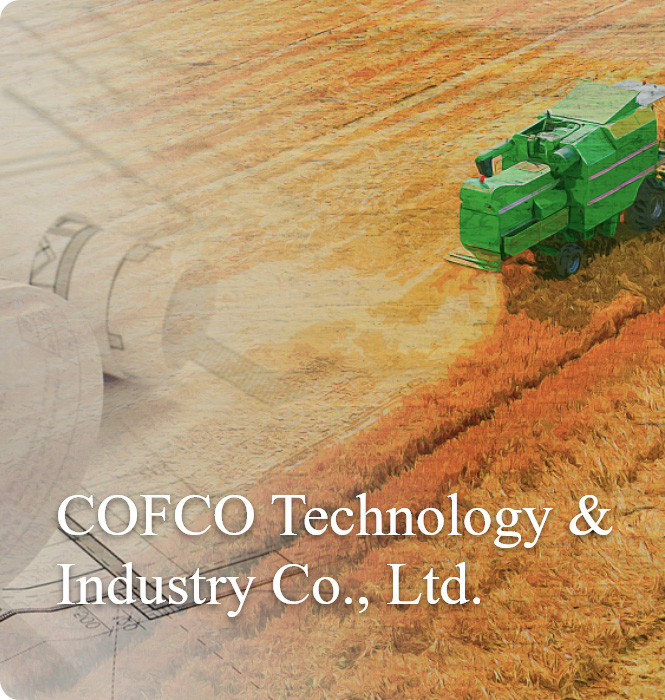Applications of AI in Grain Management: Comprehensive Optimization from Farm to Table
Mar 26, 2025
Intelligent grain management encompasses every processing stage from farm to table, with Artificial Intelligence (AI) applications integrated throughout. Below are specific examples of AI applications in the food industry:
Yield Prediction: Utilizing weather patterns, geographical conditions, and historical data, predictive analytics can forecast grain yields, aiding farmers and supply chain managers in making informed decisions.
Supply Chain Optimization: During grain procurement, AI can predict price trends, optimizing purchasing strategies. Additionally, AI assists in optimizing transportation routes, reducing fuel consumption and delivery times. Through predictive maintenance, AI prevents vehicle breakdowns, ensuring smooth transportation processes.
Inventory Management: AI algorithms and sensors monitor grain quality and quantity in real-time, adjusting storage conditions based on spoilage detection, moisture content, and infestation levels. Integrating Internet of Things (IoT) devices allows for immediate adjustments to temperature and humidity within storage facilities, ensuring grain quality.
Quality Control: In grain processing, computer vision and machine learning technologies detect contaminants, optimize milling or drying operations, and predict equipment failures for scheduled maintenance.
Demand Forecasting: In the distribution phase of the supply chain, AI predicts consumer demand for various grain products, optimizing inventory and reducing waste. The combination of blockchain and AI enhances transparency in tracking grain through the supply chain, ensuring timely and cost-effective delivery of grain products.
Implementing AI technology across all aspects of grain management can significantly improve efficiency, reduce costs, and ensure the safety and quality of grain products.
Yield Prediction: Utilizing weather patterns, geographical conditions, and historical data, predictive analytics can forecast grain yields, aiding farmers and supply chain managers in making informed decisions.
Supply Chain Optimization: During grain procurement, AI can predict price trends, optimizing purchasing strategies. Additionally, AI assists in optimizing transportation routes, reducing fuel consumption and delivery times. Through predictive maintenance, AI prevents vehicle breakdowns, ensuring smooth transportation processes.
Inventory Management: AI algorithms and sensors monitor grain quality and quantity in real-time, adjusting storage conditions based on spoilage detection, moisture content, and infestation levels. Integrating Internet of Things (IoT) devices allows for immediate adjustments to temperature and humidity within storage facilities, ensuring grain quality.
Quality Control: In grain processing, computer vision and machine learning technologies detect contaminants, optimize milling or drying operations, and predict equipment failures for scheduled maintenance.
Demand Forecasting: In the distribution phase of the supply chain, AI predicts consumer demand for various grain products, optimizing inventory and reducing waste. The combination of blockchain and AI enhances transparency in tracking grain through the supply chain, ensuring timely and cost-effective delivery of grain products.
Implementing AI technology across all aspects of grain management can significantly improve efficiency, reduce costs, and ensure the safety and quality of grain products.
SHARE :



